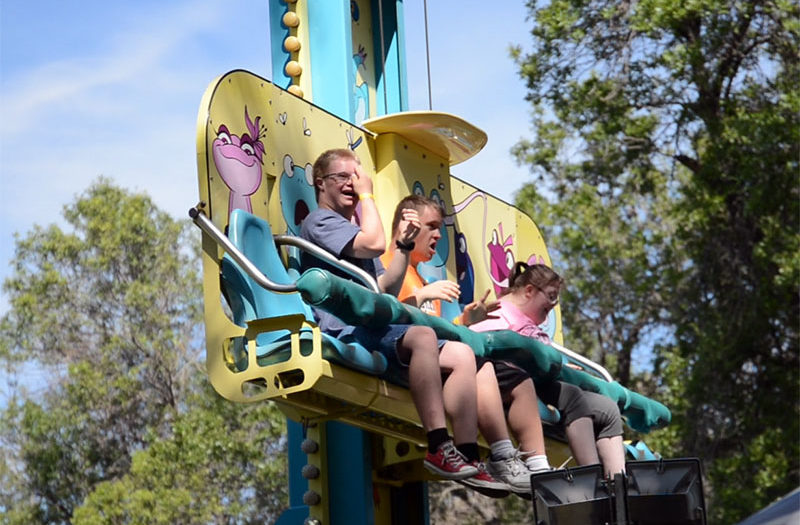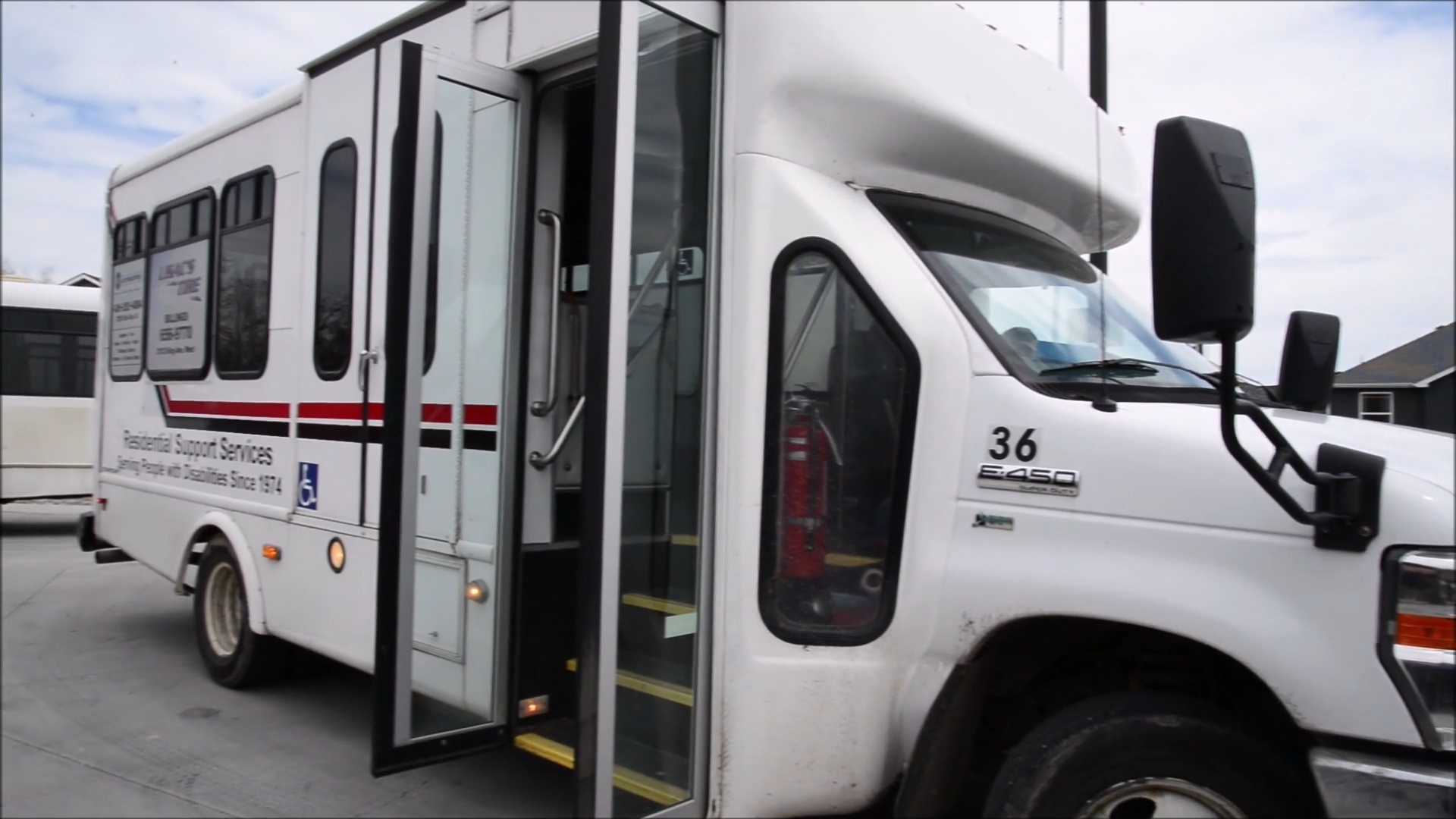Establishing and maintaining social connections is an essential aspect of life for everyone, including adults with developmental disabilities. Having a strong support network of friends, family, and peers can significantly impact an individual’s mental health and overall well-being and is crucial for creating a sense of belonging, self-esteem, and accomplishment.
The significance of social connections for mental health and well-being cannot be overstated. Social connections provide adults with developmental disabilities with a sense of belonging, support, and companionship, all of which contribute to improved emotional stability, reduced anxiety, and enhanced self-worth. In contrast, social isolation can lead to feelings of loneliness, depression, and even a decline in cognitive function over time.
Fostering social connections for individuals with developmental disabilities involves creating opportunities to make new friends, engage in community activities, and participate in support groups or other gatherings with like-minded individuals. Additionally, family, friends, and support workers play an essential role in connecting adults with developmental disabilities to social activities and ensuring they have equal opportunities to build meaningful relationships.
In this blog post, we will explore the importance of social activities for adults with developmental disabilities, share ideas for fostering social connections, discuss the role of family, friends, and support workers in facilitating social interactions, and examine Residential Support Services’s approach to building and maintaining social connections for their residents.
The Importance of Social Connections for Mental Health
The benefits of social connections for individuals with developmental disabilities extend beyond providing a sense of belonging, support, and companionship. Social interactions play a critical role in improving emotional stability and reducing the levels of anxiety and stress that such individuals may experience. These positive interactions can also contribute to combating feelings of loneliness and depression often associated with social isolation.
Moreover, engaging in social activities can help individuals with developmental disabilities develop valuable communication and interpersonal skills, ultimately aiding their growth toward increased independence. Additionally, these social connections may stimulate cognitive abilities, leading to improved mental health outcomes overall.
Conversely, social isolation can have detrimental effects on mental health. For adults with developmental disabilities, a lack of social connections can exacerbate feelings of loneliness, worsen depressive symptoms, and contribute to a decline in cognitive function over time. As such, it is of utmost importance that these individuals be provided with ample opportunities to establish and maintain meaningful social connections.
Establishing and Maintaining Relationships
Fostering social connections for adults with developmental disabilities involves creativity and persistence in offering various opportunities for individuals to engage in activities with peers and other members of the community. Some ideas to facilitate social connections and relationship-building include:
1. Support Groups: Encourage participation in support groups catered to adults with developmental disabilities, where individuals can discuss their experiences, offer advice, and share personal stories. These groups can help create a sense of camaraderie and provide a platform for building friendships.
2. Volunteer Opportunities: Volunteering is an excellent way to meet new people while contributing positively to the community. Seek out accessible volunteer options that match the skillset and interests of individuals with developmental disabilities, and support their participation in such activities.
3. Community Events: Attending local events and gatherings, such as concerts, fairs, or sports games, can provide valuable opportunities for social interaction and cultural enrichment. Encourage and facilitate individuals’ engagement in these events, and help them navigate any accessibility challenges that may arise.
4. Social Skills Training: Provide guidance and training in social skills, such as communication, conversation etiquette, and understanding social cues. Equipping adults with developmental disabilities with these important skills can boost their confidence and self-esteem, paving the way for smoother, more meaningful social interactions.
The Role of Family, Friends, and Support Workers
The responsibility for fostering social connections for adults with developmental disabilities should not fall solely on the individuals themselves; family members, friends, and support workers play a crucial role in facilitating social interactions and ensuring equal opportunities for relationship-building. Some key ways in which family, friends, and support workers can help include:
1. Active Encouragement: Offer genuine encouragement and support when it comes to trying new social activities and gently push individuals to venture outside their comfort zones.
2. Create Inclusive Environments: Collaborate with community organizers and event planners to ensure existing events and activities are accessible and inclusive for individuals with developmental disabilities.
3. Assistance in Building Support Networks: Help adults with developmental disabilities build networks with like-minded individuals, either through support groups, social media platforms, or community events.
4. Share Local Resources: Keep up to date with local resources and organizations that offer social opportunities for individuals with developmental disabilities, and actively share this information with those who may benefit.
Residential Support Services’ Approach to Building Social Connections
At Residential Support Services, we recognize the importance of creating opportunities for our residents to forge social connections and engage meaningfully with their community. Our comprehensive suite of services incorporates various social activities to promote mental health and well-being and facilitate personal growth and community inclusion.
Through our relaxing and self-fulfilling day programs, adults with developmental disabilities are provided with a range of activities geared towards expanding their interests, building skills, and fostering connections with their peers. Our engaging programs include art and music therapy sessions, fitness classes, life skills workshops, and community outings, all designed to empower individuals to pursue social connections and cultivate friendships proactively.
Our emphasis on accessible public transportation within a 20-mile radius of Billings, MT, ensures that our residents can attend critical medical appointments and enjoy the cultural and social experiences that their community has to offer. By providing these services, Residential Support Services aims to create a supportive environment where individuals with developmental disabilities can thrive, both socially and personally.
The impact of social activities and connections on the mental health and well-being of adults with developmental disabilities is substantial, highlighting the importance of fostering a supportive community that values inclusivity and accessibility. By offering tailored services rooted in person-centered care, Residential Support Services is dedicated to creating an environment where adults with developmental disabilities can establish and maintain meaningful social connections, paving the way for improved mental health and a more balanced, fulfilling life.
At Residential Support Services, we are acutely aware of the need to promote social connections among our residents. Our tailored day programs and community activities provide ample opportunities for our residents to foster social bonds, expand their support networks, and improve their mental health and well-being in the process. By offering accessible and engaging social activities, we aim to create a supportive community for adults with developmental disabilities that helps them thrive and achieve greater independence within their community.
If you or a loved one need housing for people with disabilities or gain insight into fostering social connections for adults with developmental disabilities, please do not hesitate to reach out to our team today. We are always here to help you navigate your journey toward a more independent and connected life in Billings, MT.









